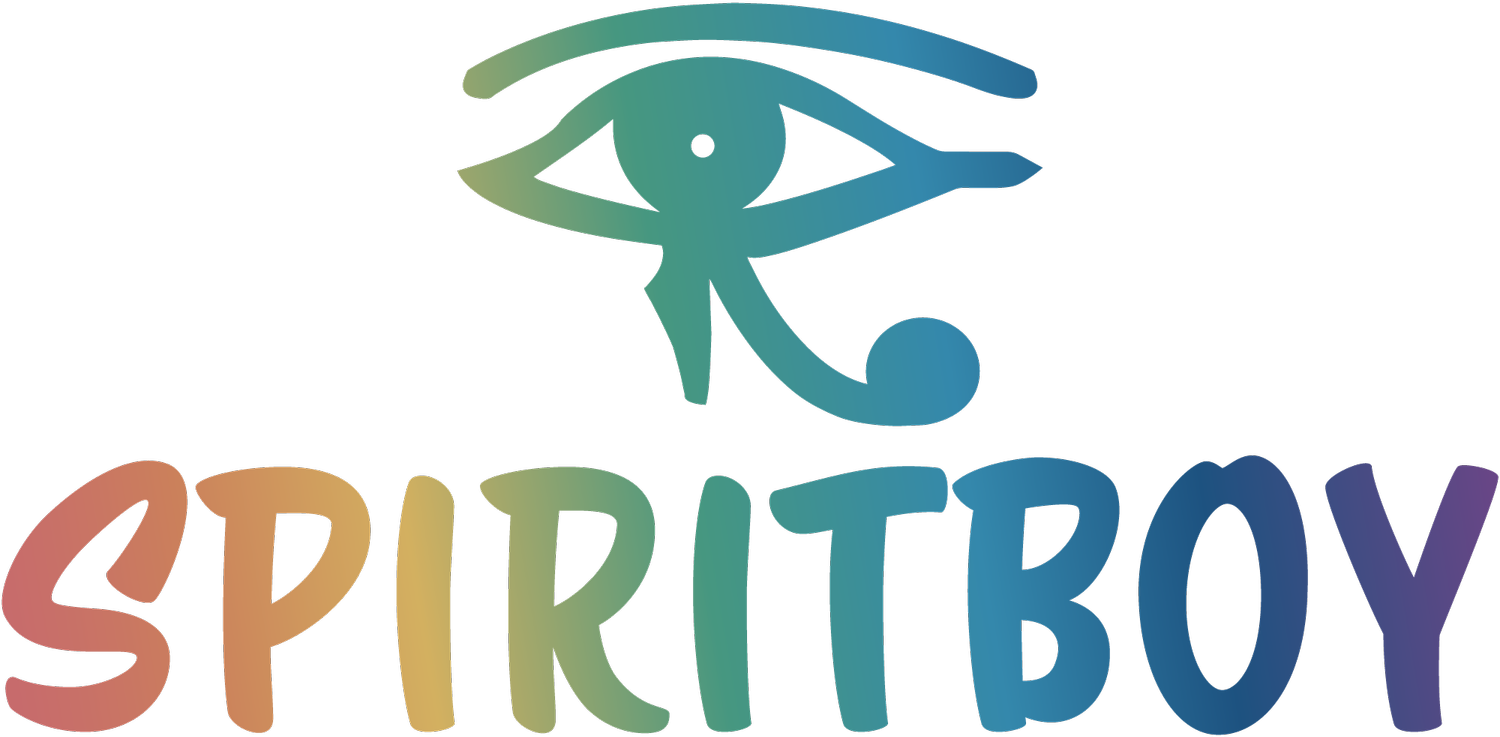Self-care: A holistic approach to wellbeing now
As human beings, we are complex creatures with different aspects that make up who we are. Looking at ourselves from other points of view can help us gain a deeper understanding of our true selves. In this article, I explore how we can look at ourselves in regard to health from a spiritual, emotional, physical, and mental point of view.
Spiritual Point of View
Looking at ourselves from a spiritual point of view means exploring our beliefs, values, and connection to something greater than ourselves. For some, this may mean looking at their religion, while for others, it may mean exploring their connection to nature or the universe.
From a spiritual point of view, it is important to ask ourselves questions such as, “What is my purpose in life?”, “What do I believe in?”, and “What values are important to me?”. These questions help us understand our spiritual selves and what we stand for.
For example, someone who follows a religion may find their purpose in life through serving others and living a life of compassion and kindness. On the other hand, someone who connects with nature may find their purpose in protecting the environment and living a life that is in harmony with the natural world.
Emotional Point of View
Our emotional selves are an integral part of who we are as human beings. Looking at ourselves from an emotional point of view means exploring our feelings and how we react to them.
From an emotional point of view, it is important to ask ourselves questions such as, “How do I react to stress?”, “What triggers my anxiety?”, and “What makes me feel happy and fulfilled?”. These questions help us understand our emotional selves and how we can improve our emotional well-being.
For example, someone who gets anxious in social situations may find that they feel better when they have a few close friends rather than a large group of acquaintances. Similarly, someone who gets stressed out easily may benefit from learning relaxation techniques such as meditation or yoga.
Physical Point of View
Our physical selves are the vessels that carry us through life. Looking at ourselves from a physical point of view means exploring our physical health and well-being.
From a physical point of view, it is important to ask ourselves questions such as, “Am I getting enough exercise?”, “Am I eating a healthy diet?”, and “Am I getting enough rest?”. These questions help us understand our physical selves and how we can improve our physical well-being.
For example, someone who is not getting enough exercise may benefit from going for a daily walk or joining a fitness class. Similarly, someone who is not eating a healthy diet may benefit from incorporating more fruits and vegetables into their meals.
Mental Point of View
Our mental selves are the part of us that allows us to think, reason, and make decisions. Looking at ourselves from a mental point of view means exploring our thoughts and how we process information.
From a mental point of view, it is important to ask ourselves questions such as, “What are my core beliefs?”, “How do I handle difficult situations?”, and “Am I open to new ideas and perspectives?”. These questions help us understand our mental selves and how we can improve our mental well-being.
For example, someone who is closed-minded may benefit from challenging their beliefs and being open to new perspectives. Similarly, someone who struggles with anxiety or depression may benefit from talking to a therapist or counsellor to learn coping strategies.
Conclusion
So looking at ourselves from different points of view can help us gain a deeper understanding of our true selves. By exploring our spiritual, emotional, physical, and mental selves, we can gain greater self-awareness and take steps to improve our overall well-being.
It is important to remember that we are all unique individuals, and what works for one person may not work for another. By taking the time to explore our inner selves and understanding our needs, we can create a personalized plan for self-improvement that suits us best.
In addition, it is important to recognize that these aspects of ourselves are interconnected. For example, our emotional state can affect our physical health and our mental well-being. Therefore, it is essential to address each aspect in a holistic manner and not focus on just one area.
Moreover, spirituality can be a source of comfort and guidance in our lives. It can help us find meaning and purpose, and provide us with a sense of connection to something greater than ourselves. Even for those who are not religious, finding a sense of spirituality can help bring a sense of peace and fulfilment.
Emotions are also an essential part of our lives, and it is important to acknowledge and express them in healthy ways. Suppressing our emotions can lead to negative consequences such as anxiety, depression, and physical health issues. Therefore, it is essential to find healthy ways to express our emotions such as talking to a trusted friend or therapist.
Physical health is crucial to our overall well-being. Taking care of our physical bodies through exercise, a healthy diet, and adequate rest can help us feel more energized and focused. It can also reduce the risk of health problems such as obesity, heart disease, and diabetes.
Mental health is equally important, as it affects our thoughts, feelings, and behaviour. Taking care of our mental health can involve practising self-care, such as meditation or journaling, seeking professional help, and connecting with others.

